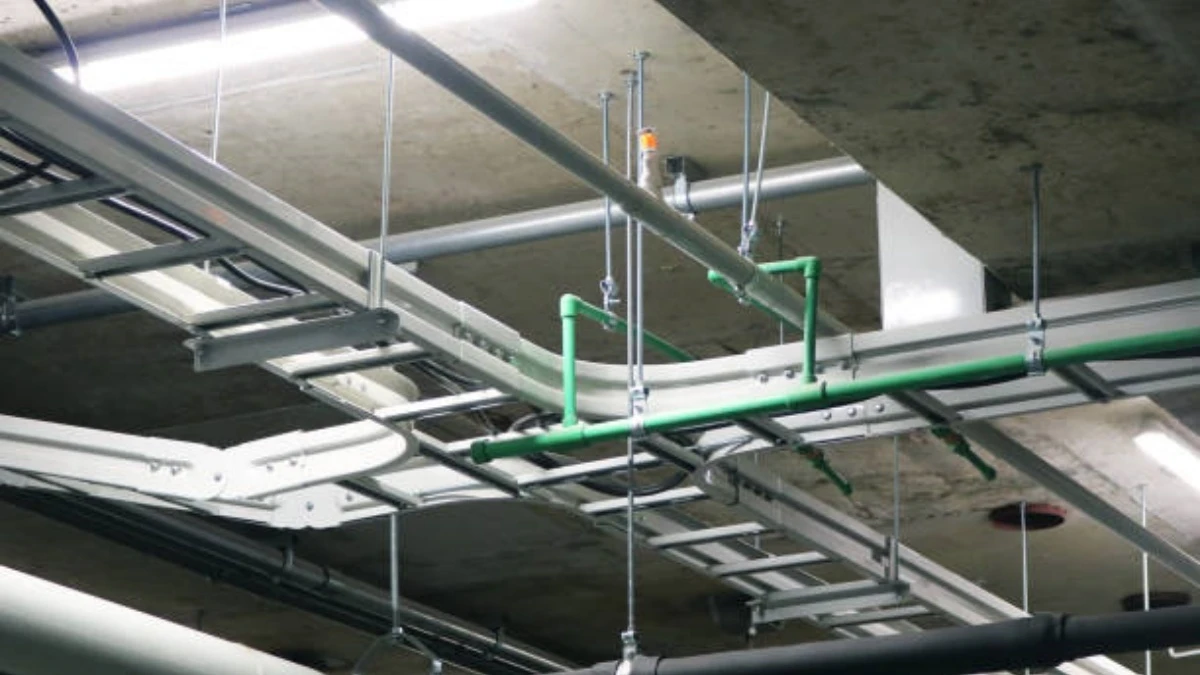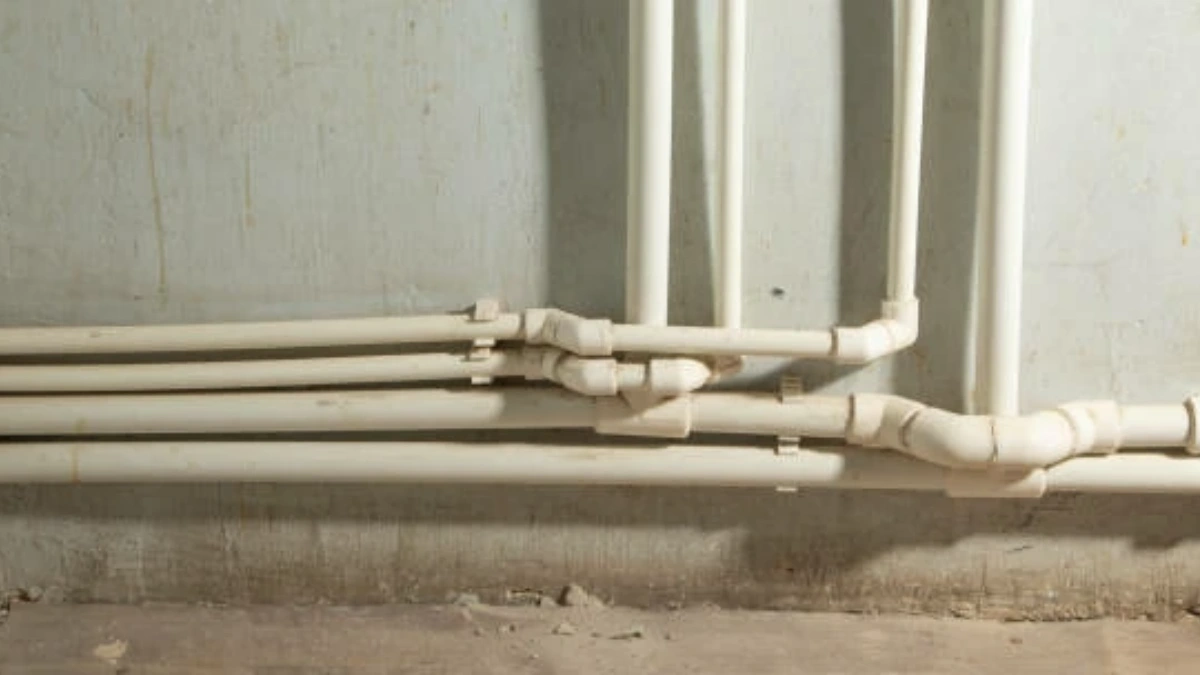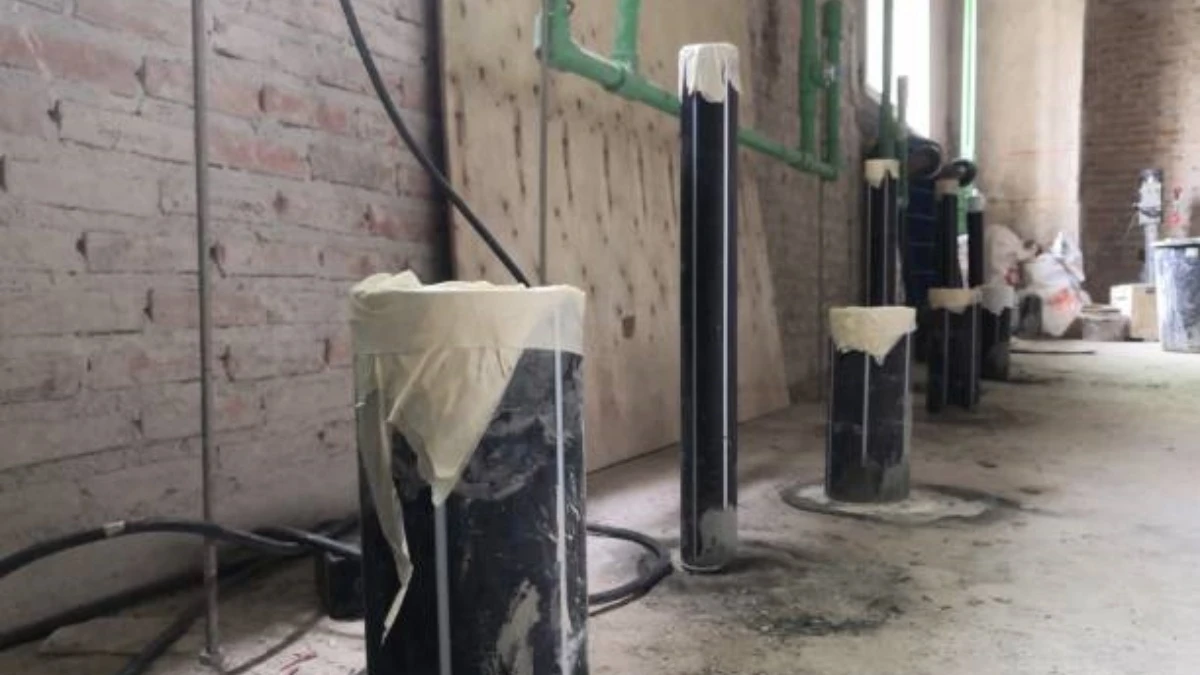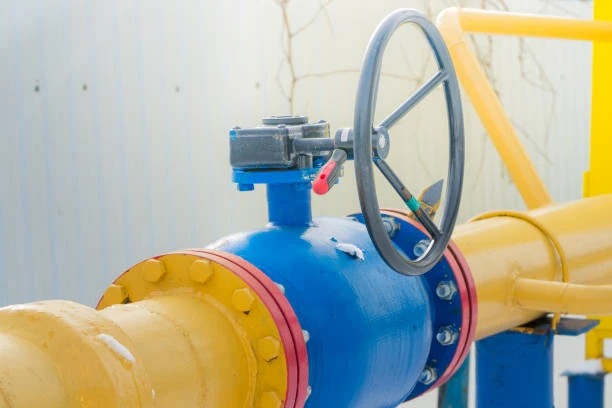In the ever-evolving landscape of hydraulic systems, innovation is key to achieving higher performance, efficiency, and sustainability. One of the most exciting advancements in this field is the development of hybrid valve solutions, a technology that combines the benefits of traditional hydraulic valves with modern electronic control systems. HydraForce, a leading manufacturer in the hydraulic industry, recently hosted an insightful webinar focusing on hybrid valve solutions, shedding light on how this technology is transforming industries ranging from mobile machinery to industrial automation.
In this article, we will explore the concept of hybrid valve solutions, their significance in modern hydraulics, and how HydraForce is driving innovation in this space.
What Are Hybrid Valve Solutions?
Hybrid valves are an innovative combination of traditional hydraulic valve technologies and electronic controls, providing greater flexibility, efficiency, and precision in hydraulic systems. The key feature of a hybrid valve is its ability to integrate both hydraulic power (for mechanical actuation) and electronic control (for precise operation) within a single unit.
Traditional hydraulic valves are mechanical devices that regulate the flow and direction of hydraulic fluid in a system, typically through manual control or simple actuator mechanisms. These valves are designed to handle high-pressure and high-flow conditions but often lack the precision and responsiveness required for advanced automation.
With the introduction of hybrid valve solutions, these traditional mechanical elements are paired with electronic components such as sensors, actuators, and digital controllers. This integration enables more precise control over the hydraulic flow, improving system performance and allowing for advanced features such as proportional control, diagnostics, and real-time monitoring.
The Benefits of Hybrid Valve Solutions
Hybrid valves offer a range of benefits that make them an attractive option for industries where performance, efficiency, and reliability are paramount. Some of the most notable advantages include:
- Increased Precision:
The integration of electronic controls allows for much finer regulation of fluid flow. Which improving the accuracy of operations and reducing wear and tear on hydraulic components. - Improved Efficiency:
By using electronic controls to optimize hydraulic system performance. Hybrid valves can reduce energy consumption, decrease system downtime, and increase the overall efficiency of hydraulic machines. - Enhanced Flexibility:
Hybrid valves can be easily adjusted to accommodate different operational requirements. Which making them ideal for use in mobile machinery, industrial applications, and complex hydraulic systems. - Advanced Diagnostics:
With embedded sensors and digital controls, hybrid valves can provide real-time performance data. Which helping operators monitor system health and predict maintenance needs. - Lower Maintenance Costs:
The precision and diagnostic capabilities of hybrid valves can help identify issues before they lead to failures, reducing maintenance costs and extending the lifespan of the equipment.
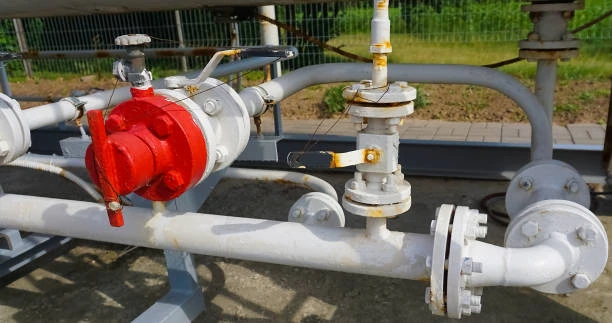
HydraForce’s Role in Hybrid Valve Innovation
HydraForce, a global leader in hydraulic valve design and manufacturing, has been at the forefront of hybrid valve technology. Through its webinar, HydraForce delved deeper into how hybrid valves are transforming hydraulic systems across various industries. The company’s commitment to developing cutting-edge solutions has led to a significant advancement in hybrid valve design, with features such as proportional control, electronic load sensing, and enhanced diagnostics.
HydraForce’s hybrid valves are designed to meet the growing demand for precision and efficiency in hydraulic systems. With a focus on integration and automation, HydraForce’s solutions allow for seamless communication between hydraulic components, electronic controllers, and the operator interface. This integration ensures that the hydraulic system operates at its optimal level, with real-time adjustments to improve overall system performance.
HydraForce’s Hybrid Valve Product Line
HydraForce’s product line includes a variety of hybrid valves designed for different applications, including mobile equipment, industrial machinery, and agricultural systems. Some of the key products in their hybrid valve portfolio include:
- Proportional Directional Valves: These valves combine hydraulic actuation with electronic control to offer highly precise and proportional control of flow and pressure. They are ideal for applications where smooth, variable flow is required, such as in hydraulic steering systems or excavators.
- Electro-Hydraulic Load Sensing Valves: These valves use electronic load sensing to optimize pressure and flow, improving energy efficiency and performance. They are commonly used in mobile machinery like construction equipment and agricultural tractors.
- Solenoid Operated Valves: These valves offer remote control of hydraulic circuits via solenoids, making them ideal for automated systems where quick, reliable control is necessary.
- Integrated Valve Manifolds: These hybrid valve manifolds integrate multiple valve functions into a single compact unit, reducing the need for complex piping systems and simplifying machine design. They offer both hydraulic and electronic control capabilities.
Applications of Hybrid Valve Solutions
The versatility of hybrid valve solutions makes them suitable for a wide range of industries. Below are some of the key areas where HydraForce’s hybrid valves are making an impact:
1. Mobile Equipment
Mobile machines, such as construction equipment, agricultural machinery, and mining vehicles, rely heavily on hydraulic systems for their operation. Hybrid valves enable these machines to achieve higher performance, better fuel efficiency, and more precise control of various functions like lifting, steering, and digging. For instance, excavators and loaders equipped with proportional hybrid valves can perform complex tasks with greater accuracy. Which reducing operator fatigue and increasing productivity.
2. Industrial Automation
In industrial automation, hybrid valve solutions are used in applications where precise control of hydraulic systems is crucial. For example, robotic arms and automated assembly lines can benefit from hybrid valves’ ability to control movements with great accuracy and repeatability. Which leading to improved production speeds and reduced cycle times.
3. Agriculture
Agricultural machinery such as tractors, harvesters, and planters is another area where hybrid valve solutions are making a significant impact. By integrating hydraulic power with electronic controls, these machines can adjust their operations based on real-time conditions. Which improving efficiency and reducing fuel consumption. Additionally, the diagnostic capabilities of hybrid valves enable predictive maintenance, helping to prevent downtime during critical farming seasons.
4. Energy Systems
In renewable energy systems, such as wind turbines and hydroelectric plants, hybrid valve solutions can improve the operation of hydraulic systems used for controlling blade pitch, water flow, and turbine rotation. The ability to optimize these functions with precise electronic control helps increase energy output and reduce operational costs.
5. Marine and Aerospace
In both marine and aerospace applications, where reliability and precision are crucial. Which hybrid valve solutions are used to control hydraulic actuators, landing gear, and other critical systems. The integration of electronic controls provides the necessary responsiveness while maintaining the robustness required for harsh environments.
The Future of Hybrid Valve Technology
As industries continue to push for smarter, more efficient systems, the future of hybrid valve technology looks promising. With advancements in electronics, sensor technology, and communication protocols, hybrid valves will become even more sophisticated. Which offering greater integration with digital systems and cloud-based monitoring platforms.
The increasing demand for Industry 4.0 solutions, which emphasize automation, data-driven decision-making, and real-time monitoring. Which will likely spur the development of more intelligent hybrid valve systems. These systems will not only optimize performance but also enable predictive maintenance. Which reducing the need for human intervention and increasing the overall reliability of hydraulic systems.
Conclusion
Hybrid valve solutions are an exciting development in the world of hydraulics, offering enhanced precision, efficiency, and flexibility. HydraForce’s commitment to innovation in this area is helping industries across the globe improve the performance of their hydraulic systems. As the demand for smarter, more automated systems continues to grow. Which hybrid valves will undoubtedly play a critical role in shaping the future of hydraulics.
With applications in mobile machinery, industrial automation, agriculture, energy systems, and more, hybrid valve solutions are poised to become a cornerstone of modern hydraulic technology. Which providing companies with the tools they need to stay ahead in an increasingly competitive world.
FAQs About Hybrid Valve Solutions
- What is a hybrid valve?
A hybrid valve is a hydraulic valve that combines traditional mechanical hydraulic components with electronic controls. This integration provides more precise control, greater efficiency, and the ability to perform diagnostics and real-time monitoring. - What are the advantages of using hybrid valves in hydraulic systems?
Hybrid valves offer increased precision, improved energy efficiency, enhanced flexibility, advanced diagnostics, and lower maintenance costs, making them ideal for modern hydraulic applications. - What industries use hybrid valve solutions?
Hybrid valve solutions are used in a variety of industries, including mobile equipment (construction, agriculture, mining), industrial automation, renewable energy, aerospace, and marine applications. - How do hybrid valves improve energy efficiency?
Hybrid valves optimize hydraulic flow and pressure through electronic control, reducing energy consumption and minimizing system losses, which ultimately leads to more efficient operations. - Can hybrid valves be used for remote control applications?
Yes, hybrid valves can be operated remotely through electronic controllers, making them ideal for automated systems and applications requiring precise, quick adjustments.

